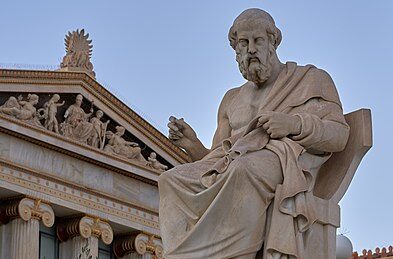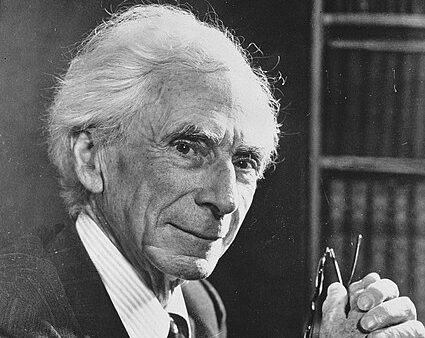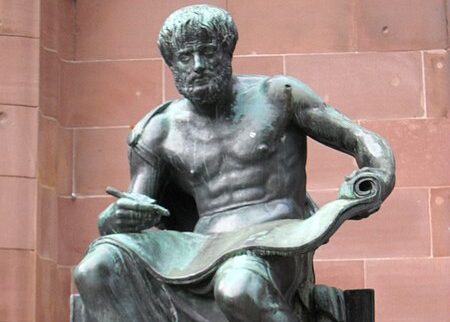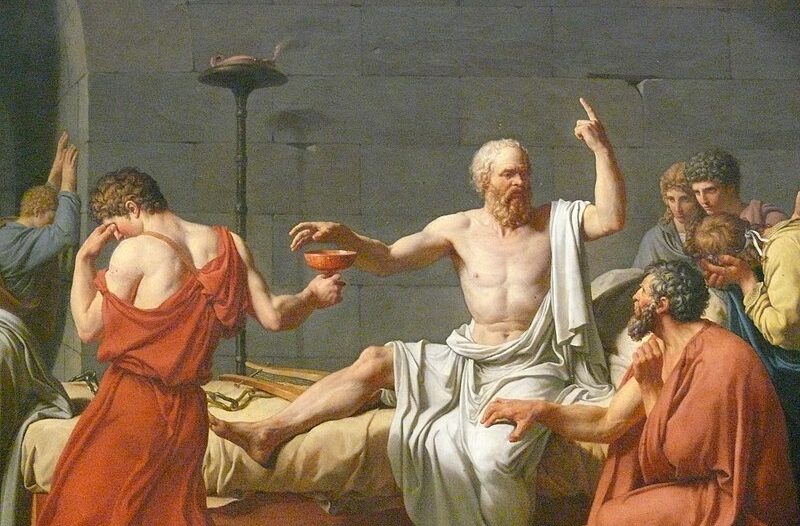Plato, the illustrious ancient Greek philosopher, is revered for his profound contributions to Western philosophy and the establishment of the Academy, one of the earliest institutions of higher learning in the world. Nevertheless, the life of Plato remains veiled in mystery, leaving behind a trail of controversies and scholarly debates. The aim of this post is to delve into the enigmatic aspects of Plato’s life, shedding light on the controversies that envelop the philosopher and his odyssey through the realms of ancient wisdom.
Early Life and Education:
The early life and education of Plato remain an enigma to historians. Born into an aristocratic family in Athens, Greece, around 428 or 427 BCE, he emerged from a privileged background. Nonetheless, the specifics of his upbringing remain elusive, adding an aura of mystique to his persona. It is widely suggested that Plato received an education typical of Athenian aristocracy, encompassing music, poetry, and athletics. However, the exact details of his formative years remain uncertain, sparking curiosity and intrigue among scholars.
Controversy Surrounding Socrates:
Plato’s association with his mentor, Socrates, adds another layer of controversy to his life. Socrates was a highly influential figure and a prominent philosopher in Athens. However, he was charged with impiety and corrupting the youth, ultimately facing the death penalty through forced suicide. Plato’s deep admiration for Socrates led him to immortalize his teacher in his dialogues, but it also raised questions about the extent of his influence on Socrates’ philosophical ideas and the nature of their relationship.
Academy and Political Involvement:
Following Socrates’ tragic demise, Plato embarked on a journey of exploration, venturing to Egypt and Italy. Upon his return to Athens, he founded the Academy, a philosophical school that would become a beacon of intellectual inquiry for centuries to come. While the establishment of the Academy solidified Plato’s reputation as a distinguished scholar, it also sparked discussions concerning his political views and potential involvement in Athenian politics.
Controversy over Ideal State and Philosopher-Kings:
The crux of controversy lies in Plato’s seminal work, “The Republic,” wherein he expounds his vision of an ideal state governed by philosopher-kings. Plato postulates that philosophers possess the wisdom and insight requisite for effective governance. However, this advocacy for rule by philosopher-kings has ignited heated debates about the practicality and feasibility of such a system. Critics argue that it may foster an elitist and authoritarian society, evoking concerns about the potential abuse of power.
Views on Women and Slavery:
Moreover, Plato’s views on women and slavery have also proven to be contentious terrain. In “The Republic,” Plato contends that women and men should receive the same education and share equal roles in the state. Nonetheless, he also posits that women should be assigned specific roles based on their inherent abilities, a notion that has engendered varied interpretations and scrutiny.
The Theory of Forms:
Another facet of Plato’s philosophy that has both garnered admiration and criticism is his Theory of Forms. This theory proposes that the physical world merely represents an imperfect reflection of higher, abstract forms. While some philosophers revere this concept for its profound implications, others challenge its complexity and reconciliation with empirical evidence.
Allegory of the Cave:
Furthermore, Plato’s Allegory of the Cave, a metaphorical tale depicting the journey from ignorance to enlightenment, is hailed as a masterpiece of philosophical literature. However, its interpretation has ignited divergent views among scholars, further adding to the controversies surrounding Plato’s ideas.
In conclusion, Plato’s life and philosophical legacy continue to be enveloped in ongoing debates and controversies, attesting to the profound impact he has left on Western thought and intellectual discourse. His enigmatic early life, association with Socrates, establishment of the Academy, and revolutionary philosophical tenets all contribute to the allure surrounding this ancient Greek philosopher. Despite the controversies, Plato’s enduring influence and contributions to the development of Western philosophy continue to inspire generations of thinkers, solidifying his place as one of history’s most remarkable philosophical minds.




